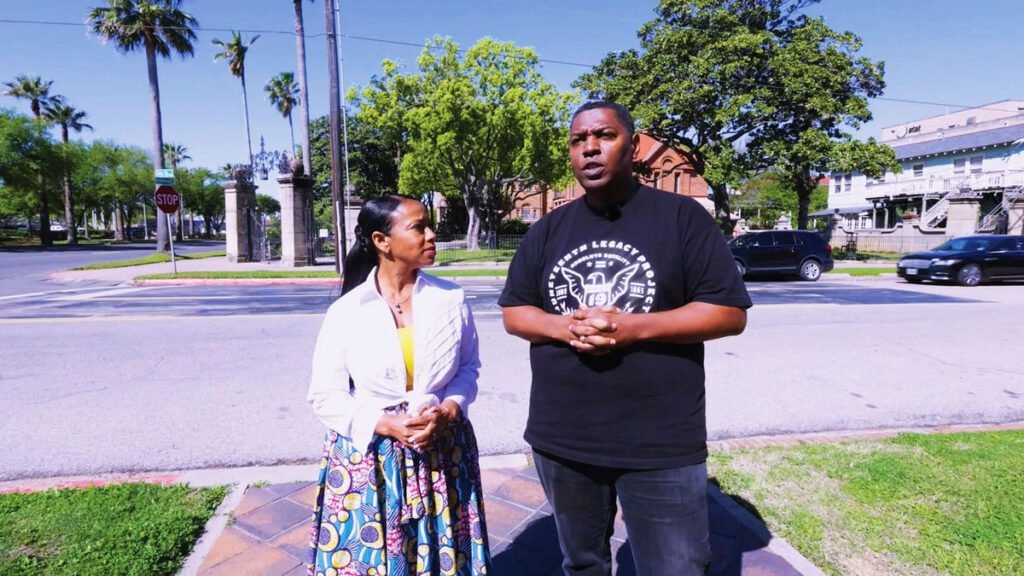In the 2025 Telly Award-winning episode of "Traveling With Denella," a profound exploration of Galveston, Texas, takes center stage—the birthplace of Juneteenth. This historic locale serves as a backdrop for an in-depth discussion on the significance of Juneteenth within American history.
On June 19, 1865, Union General Gordon Granger delivered a message that resonated deeply: "all slaves are free." This declaration marked the first time that over 250,000 enslaved Black individuals in Texas learned of their emancipation, more than two years after the Emancipation Proclamation was signed by President Abraham Lincoln. Why did it take so long for this critical information to reach the enslaved people in Texas? Local historian Sam Collins clarifies that Texas remained a final bastion for slavery due to its geographic isolation and political resistance. Additionally, some enslavers intentionally concealed the truth while others migrated to Texas to evade emancipation. Juneteenth symbolizes the delayed yet determined journey toward freedom for the last enslaved populations in the United States.
Juneteenth stands as a testament not only to Black history but to American history as a whole. It embodies a narrative of hope, resilience, and triumph in the face of insurmountable odds. Celebrating Juneteenth allows for an honest acknowledgment of our shared history and the ongoing struggle to fulfill the founding ideal that "all are created equal." It serves as both a reminder and a call to action for justice and equality, highlighting the necessity of education, service, and unity.
Communities nationwide have embraced this holiday by hosting cultural festivals, educational workshops, and commemorative ceremonies that foster inclusiveness and progress. The recognition of Juneteenth as a federal holiday, achieved when President Biden signed the Juneteenth National Independence Day Act on June 17, 2021, marks a moment of long-overdue acknowledgment. This act reflects the efforts of community leaders, historians, and citizens advocating for recognition of this crucial aspect of American history.
Walking through Galveston’s historical areas, the weight of history is palpable. It encourages reflection on the strength shown not just in surviving slavery but in building communities and futures post-emancipation. Significant sites, such as the Freedom Walk, which includes the Middle Passage marker and Reedy Chapel—where General Order No. 3 was read—remind us of the enduring spirit of resilience.
This exploration of Galveston reiterates that Juneteenth is more than a historical event; it is a living story that empowers contemporary discussions around freedom and equality. Commemorating this day is essential for all Americans, as it invites participation in the ongoing pursuit of justice.
Juneteenth teaches that freedom, even when delayed, is a valuable pursuit. It inspires reflection and celebration not just of liberation but of the abiding belief in the potential for justice to prevail. As this day is marked annually, it is vital to share stories, teach history, and acknowledge that Juneteenth is not solely a Black narrative—it’s an integral part of American history.
To delve deeper into Juneteenth’s background and significance, explore resources such as History.com and National Museum of African American History and Culture. Discover how communities across the nation continue to celebrate this day, enhancing collective understanding and fostering a more inclusive future.
This episode of "Traveling With Denella" will air in over 50 cities, including prominent NBC affiliates in New York, Chicago, Dallas, and Seattle. Check local listings or stream the episode at gfntv.com.


